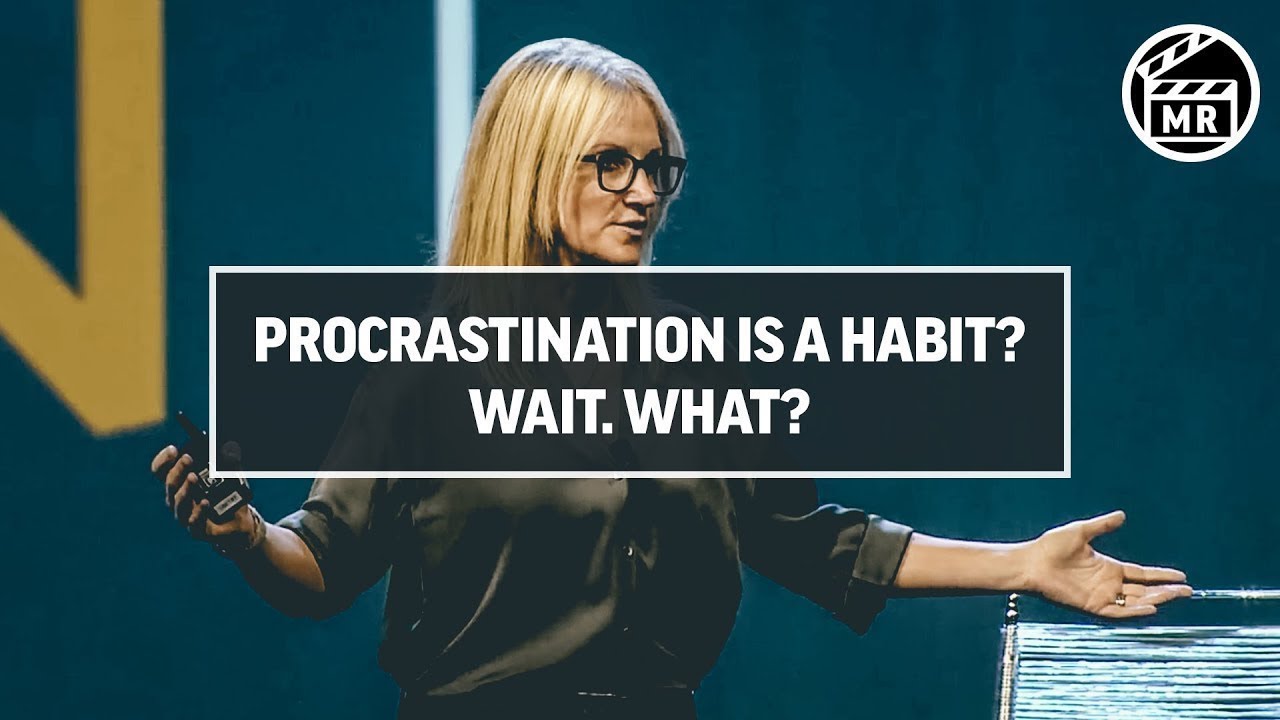Life is full of uncertainties, and feeling lost is a natural part of the human experience. But what if being lost wasn’t something to fear, but an opportunity for growth and discovery? Embracing lostness means learning to navigate the unknown with confidence, curiosity, and resilience. In this article, we’ll explore why feeling lost can be a powerful catalyst for change, how to reframe uncertainty, and practical strategies to thrive in the face of the unknown.
Why Feeling Lost is a Gift
Feeling lost often gets a bad rap, but it can be a transformative experience. Here’s why:
- Self-Discovery: Being lost forces you to reflect on your values, goals, and priorities.
- Resilience: Navigating uncertainty builds mental strength and adaptability.
- Creativity: When you’re out of your comfort zone, you’re more likely to think outside the box and find innovative solutions.
- Growth: Embracing lostness can lead to personal and professional breakthroughs you never imagined.
The Science of Navigating Uncertainty
The fear of the unknown is rooted in our brain’s need for predictability. However, research shows that embracing uncertainty can have profound benefits:
- Neuroplasticity: Stepping into the unknown stimulates the brain, encouraging new neural connections and growth.
- Emotional Regulation: Learning to tolerate uncertainty can reduce anxiety and improve emotional resilience.
- Mindset Shift: Viewing uncertainty as an opportunity rather than a threat can boost motivation and creativity.
How to Embrace Lostness and Thrive
Ready to turn uncertainty into an advantage? Here are 5 actionable strategies to embrace lostness and navigate the unknown with confidence:
1. Reframe Uncertainty as Opportunity
- Why It Works: Shifting your perspective can transform fear into curiosity and excitement.
- How to Do It: Instead of asking, “What if I fail?” ask, “What can I learn from this experience?”
2. Practice Mindfulness
- Why It Works: Mindfulness helps you stay present and grounded, even when the future feels unclear.
- How to Do It: Spend a few minutes each day focusing on your breath or practicing gratitude.
3. Set Small, Flexible Goals
- Why It Works: Breaking down big challenges into smaller steps makes them more manageable and less overwhelming.
- How to Do It: Set daily or weekly goals that align with your values, but remain open to adjusting them as needed.
4. Seek Support and Guidance
- Why It Works: Connecting with others can provide clarity, encouragement, and new perspectives.
- How to Do It: Reach out to mentors, friends, or support groups who can offer advice and reassurance.
5. Celebrate Progress, Not Perfection
- Why It Works: Focusing on progress rather than perfection builds confidence and momentum.
- How to Do It: Acknowledge and celebrate small wins, even if they seem insignificant.

Real-Life Examples of Embracing Lostness
- Entrepreneurs: Many successful entrepreneurs credit their breakthroughs to periods of uncertainty and exploration.
- Artists: Creatives often embrace lostness as a source of inspiration and innovation.
- Students: Students who learn to navigate uncertainty often develop stronger problem-solving skills and resilience.
The Role of Resilience in Navigating the Unknown
Resilience is the key to thriving in the face of uncertainty. Here’s how to build it:
- Develop a Growth Mindset: Believe that challenges are opportunities to learn and grow.
- Practice Self-Compassion: Be kind to yourself when things don’t go as planned.
- Stay Adaptable: Be willing to pivot and adjust your approach as circumstances change.
Final Thoughts: Embrace the Journey
Feeling lost isn’t a sign of failure—it’s a sign that you’re stepping into uncharted territory, where growth and discovery await. By embracing lostness and navigating the unknown with confidence, you can unlock new possibilities and create a life filled with purpose and meaning.
At Onescholar.org, we provide actionable career growth and skill development tips to help you succeed in today’s competitive world.
VIDEO CREDIT:






